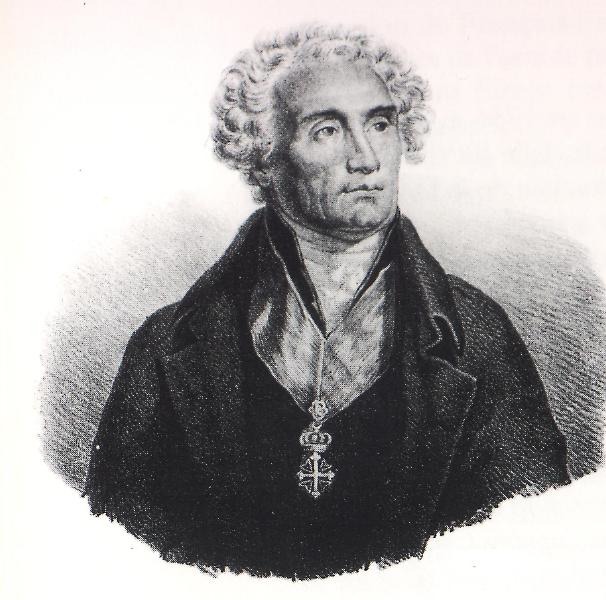NON-VALUES - LIBERTY, TOLERANCE, DEMOCRACY
The government, as part of its 'Prevent' strategy to counter terrorism, has defined 'extremism', seen as the gateway to terrorist activity, as 'vocal or active opposition to fundamental British values'. And it has defined British Values as 'democracy, the rule of law, individual liberty and mutual respect and tolerance for those with different faiths and beliefs.' Actually, the definition of extremism is opposition to fundamental British values including democracy, the rule of law etc, implying the existence of other fundamental British values that are not on the list. Rather like the sin against the Holy Ghost you might be in danger of committing it without knowing exactly what it is.
Reading that list - democracy, rule of law, individual liberty, respect for different beliefs - it occurred to me that none of these items really constitutes a 'value'. They all constitute a willingness to accept, and even under certain circumstances ('democracy', 'rule of law') submit to values other than our own. I don't say that to criticise them. The coherence of society depends in large measure on people's willingness to accept values other than their own. It may be that some of the people reading this text will disapprove of the values of the present government. Nonetheless, in defiance of our own values, we accept that it is the democratically elected government and only under very exceptional circumstances do we refuse to obey its laws.
At best, then, the characteristics that the Prevent strategy has identified as values are in fact declarations of neutrality. They constitute the framework within which different, often mutually hostile values can struggle for domination, for control of government policy, of the law.
It seems to me, then, that if we want to understand what the values of our society are, what Britain is in the world, we have to look beyond these non-values to get some idea of the real values that actually determine the moral shape of our society. And in the first instance I think it would be foolish to imagine that these values could be derived from an assessment of the ideas and values in the heads of the sum total of people living in Britain - though that is what is implied by the use of the word 'democratic'. The contradiction central to the idea of democracy was well summed up in the opening lines of The Sovereignty of the People, a critique of the theories behind the French Revolution by the counter-revolutionary theorist Joseph de Maistre: 'The people is sovereign. Over whom is the people sovereign? Over the people. So the people is subject.'

Joseph de Maistre
We are the people. Every so often we get to cast a vote. In between these moments we are ruled just as surely as if we were ruled by a monarch. Sometimes a movement of pubic opinion occurs in between elections which obliges a government to change course. But that has also been known to happen in monarchies and dictatorships. The situation was quite well summed up by Frederick the Great of Prussia when he said: 'My subjects and I have a very good relationship worked out between us. They say what they like. And I do what I like.'
What we call 'democracy' is a device by which the people accept that their government, whether they approve of it or not, is legitimate. It has the right to rule. In other times we accepted that the legitimacy of the ruler was conferred by God through anointing by a Bishop. Now we accept that legitimacy is conferred by us through the anointing of an election. I'm not expressing disapproval of ether of these methods. It s very important that there should be a mechanism by which we accept the legitimacy of government. I just don't think the difference between them is as great as we like to think it is.
Certainly immigrants coming to Britain from countries that were once part of the British Empire might be inclined to smile - should they allow themselves to think naughty thoughts - at the idea that 'democracy' is a fundamental British value. If the British people are subjects who imagine themselves to be citizens, these people from countries once part of the Empire, were, clearly and unambiguously, subjects. Living as they did at the receiving end of British values, of what Britain was in the world when it was free to act, they may have a more vivid idea than we do of just what those values are.
And they might also be inclined to be amused at the way in which we imagine that because of these 'fundamental values' which are really no values at all, we still consider ourselves to be very morally superior people, people convinced that the world would be a much better place if we could remould it in our own image. This has after all been the justification for our participation in the destruction of Iraq, Libya, Syria, Afghanistan, even Russia in the 1990s, all reduced to chaos in the name of 'democracy', 'individual liberty' etc.